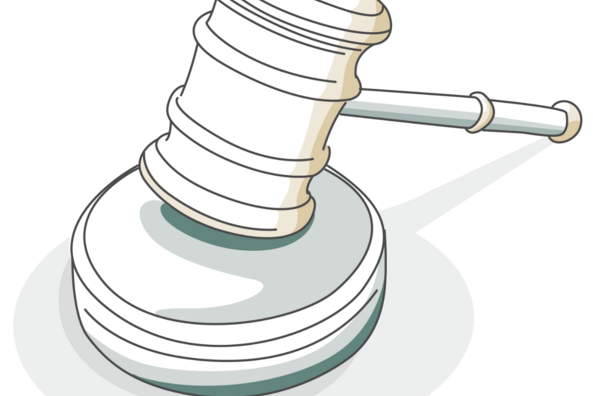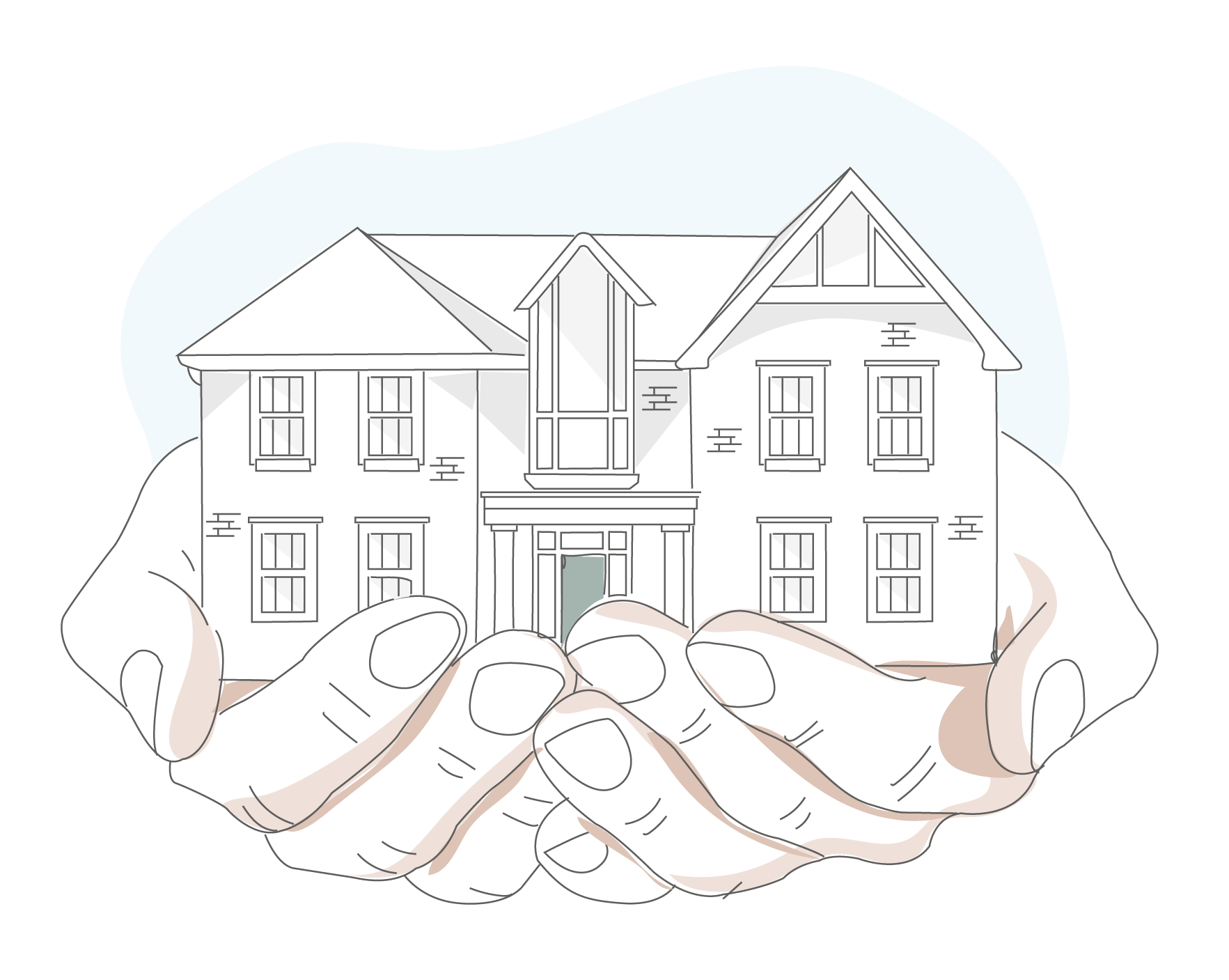Case Studies & Articles
Location: London, UK
Value: £1,125,000
Canny buyers have long been able to snap up outstanding deals at auction. Sellers tend to be committed to seeing the sale through quickly, meaning it's often a more straightforward way to buy than the traditional property purchase process. With some properties priced well below market value, buying at auction can sometimes mean you score the ultimate bargain for a new home or investment property.
Bidding against other would-be buyers is both exhilarating and nail-biting, but the wild ride doesn't stop when the hammer comes down. Even if you win the bid, you'll need to move quickly to secure the property. You'll generally need to have 10% of the purchase price available when you win the bid. The rest of the balance will usually need to be paid within 28 days.

While auctions bring to mind competitive bidding and high-octane environments, the most successful bidders aren't making split-second decisions and will have done significant planning before the event.
Before the auction, you'll need to think about practicalities: how you will finance the sale, if the property is mortgageable and the cost and timeline of any development you want to carry out. As with buying any property, but especially an auction purchase, thinking ahead is prudent and will set you up for success.
While there's nothing to say that a mortgage wouldn't be a workable financing solution for a property bought at auction, mortgages aren't especially well-suited for this type of transaction, which moves very quickly.
While it's not unheard of that mainstream mortgage lenders can issue a mortgage very fast, it's the exception, not the norm. Lenders - especially if you require significant capital - generally won't be able to meet the 28-day deadline you need to complete the purchase after the auction. If you can't make the cut-off date, you'll lose both your deposit and the property. Generally, trying to organise a standard mortgage in such a short period would be highly stressful, and you'll constantly be worrying about receiving the funds by the completion date.
It's also not unusual for auction property to be in a poor state. For buyers, that's often not an issue. You might be interested in the property precisely because of its excellent development potential, or you're planning on undertaking significant renovations, for example. Lenders may well be less keen to grant a mortgage in such situations, however, and lenders will only give mortgages on properties they deem to be 'mortgageable'. To be considered mortgageable, a property will need to meet certain requirements. A property can be unmortgageable for any number of reasons. If the property isn't weatherproof, isn't habitable (when basics like the kitchen or bathrooms don't work), or if it has anything like severe damp issues, it's unlikely to be mortgageable. In such cases, you'll need to find an alternative financing solution.
All in all, mortgages aren't always practical for buying at auctions. Auction finance is a tailored solution designed to meet the different demands of auction purchases, and it is likely to be a better fit than a traditional mortgage.
Much of the groundwork behind a successful auction purchase is laid well ahead of the auction itself. A partner like Enness can source and negotiate the best auction loans for you ahead of the auction. Your broker will also help ensure the transaction goes smoothly and will be able to connect you with auction finance lenders that can make the deadline for completing the purchase - even if you're very short on time.
Your broker will start by discussing your financing needs and understanding more about your ambitions for the property. The conversation will cover lots of different angles, but some of the essential elements will be:
Armed with a complete understanding of what you need from a financing perspective, Enness will get to work and approach auction finance lenders on your behalf. Your broker will have access to the whole marketplace and will be able to seek out the lenders that will best fit your situation and who will offer you the best rates. At this point, Enness will be seeking to get you an in principle offer and provisional approval for auction finance. You'll know what you'll be able to borrow, the viability of your plans and have peace of mind that a financing solution is available for you well before you start bidding.
Buying at auction can allow you the possibility to snap up a brilliant property deal, but overspending is surprisingly easy. If you don't have an in principle agreement or a fixed plan of action, it's possible to get carried away with bidding, spending more than you mean to. If you go over budget early, it becomes hard to recoup costs, especially if you plan to develop the property. Understanding what you can borrow, the maximum you can spend on purchasing the property and having a fixed action plan will be critical factors in a successful auction purchase.
The auction loans you'll be offered will depend on many factors: your personal situation, experience (if you wish to develop the property), the state and location of the property, how you plan to exit the loan and the amount you are borrowing. Plenty of smaller lenders specialise in this type of auction finance bridging loan, and some can advance property auction loans within just a few days. In return for speed, you pay similar rates to those charged for bridging products.
Auction finance is competitive, and lenders offer advantageous property auction loans, but they won't cover 100% of the property's purchase price or the full price of the property and development project. You'll need to have funds available to cover any remaining amount, plus the deposit and any other fees associated with the purchase. As well as the 10% deposit required on the day of the successful bid, there are also additional administrative costs that you will need to cover at this time - these will vary from auction to auction. The deposit and administrative fees are generally not covered under auction loans, and you will need to have funds available to pay these in cash.
It's common to apply for auction finance to cover the costs of any development work you want to carry out. Both experienced property developers and those who are new to the game can secure property auction finance. If it's your first development project, you will need to put forward added security, however.
If you are planning to redevelop or refurbish the property, you must have an idea of what you want to do and the associated costs. Auction finance lenders will want to know about your plans and the related costs to gauge risk and understand the value the work will add to the property. Expect to be required to present tangible ideas for development, not vague proposals that will be hard for lenders to get behind.
Whole deals can fall through if lenders aren't convinced of the feasibility of a development project or if they think you are undertaking too much. Always working in your best interests, Enness can help you assess your plans and understand if they are a good fit for the auction finance bridging loan you have been offered in principle.

Auction finance is a flexible product that can be tailored to suit individual needs. The market is competitive, with lots of lenders in the space, all vying for your attention. Navigating lenders and negotiations alone can be a challenge, especially if you're against the clock. Enness will help you get the most advantageous rates and get auction finance in place in time for you to snap up those fantastic deals.
Schedule A Callback